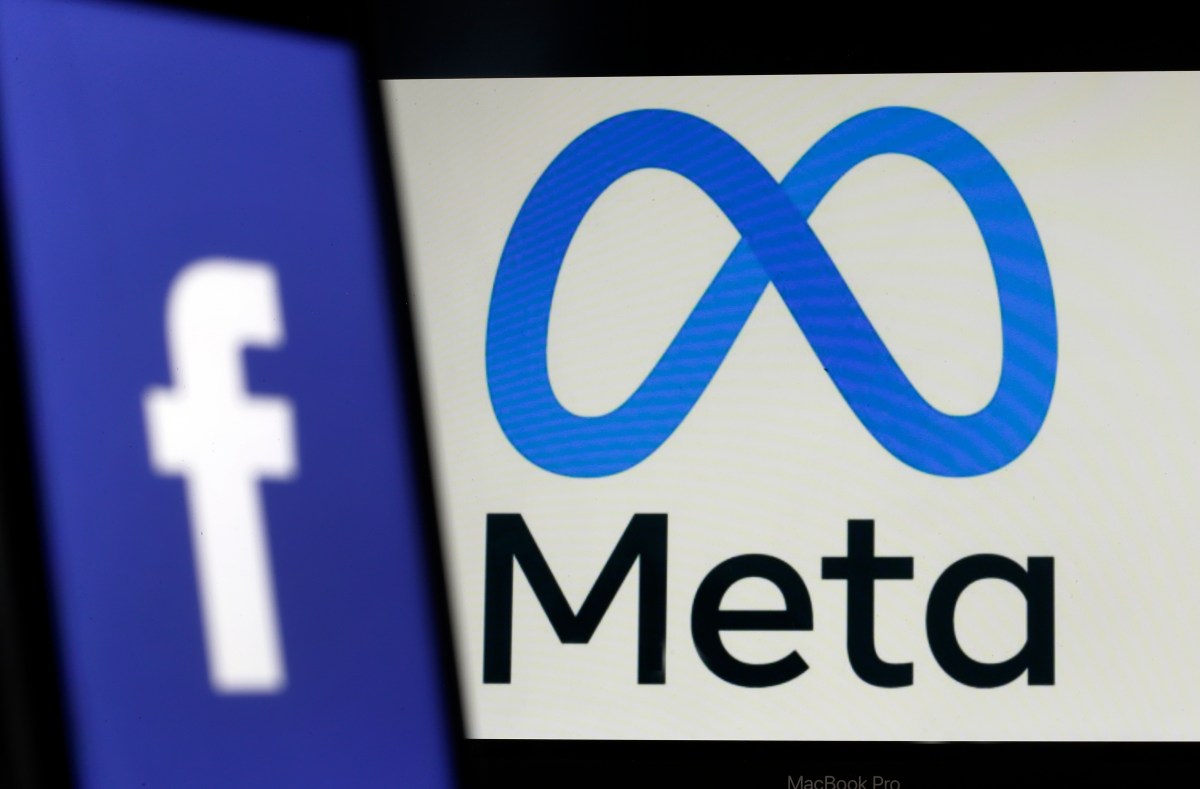- Daily Zaps
- Posts
- US Space Force temporarily bans AI use
US Space Force temporarily bans AI use
AI group chat, AI to detect brain tumors, AI myths vs AI reality, and more
Welcome to Daily Zaps — Here’s what we got for you today: 🙌
👽 US Space Force temporarily bans AI use
🤖 $5 billion chatbot startup adds group chat feature
🧠 Using AI to detect brain tumors
✍️ Can you detect AI writing?
🔗 Other tech news
Let’s get right into it!

US Space Force temporarily bans AI use
The US Space Force has provisionally suspended the usage of web-based generative artificial intelligence tools and large language models (LLMs) due to data security concerns. A memo addressed to the Guardian Workforce dated September 29, halts the use of government data on these AI tools, stating they are not authorized for use on government systems unless explicitly approved.
Lisa Costa, the Space Force's Chief Technology and Innovation Officer, expressed concerns over cybersecurity, data handling, and procurement requirements, emphasizing the need for a "responsible" approach to AI and LLM adoption. The directive follows concerns that sensitive data could leak into the public domain or be exposed to cyber threats. The Space Force's decision affected users of a generative AI platform called Ask Sage, and its founder, Nicolas Chaillan, labeled the decision as "short-sighted," especially given the Pentagon's push for faster AI integration.

$5 billion chatbot startup adds group chat feature
Character.ai, an AI chatbot startup founded by ex-Google AI researchers, has introduced a new feature allowing users to engage in group chats with multiple AI characters simultaneously. Dubbed the Character Group Chat feature, users can initiate group chats exclusively with AI personalities or a combination of human users and AI entities. The platform suggests that users can experiment by having iconic figures like Albert Einstein and Marie Curie or mythological gods such as Zeus and Hades interact in group conversations. Practical applications could involve inviting an AI companion to supplement discussions in travel, gaming, or book club chats.
While integrating AI chatbots in group chats isn't exclusive to Character.ai —with Snapchat and Meta having similar offerings—the startup's feature will initially be available to its c.ai+ subscribers at $9.99 per month before it's released to the broader public. This feature is currently limited to Character.AI's mobile apps but will soon be accessible on the web.

From Our Partners
Here’s how it works:
📖 Toss in your company website, PDFs, or even a YouTube video, and watch as Dropchat works its magic and turns your content into an AI powered sidekick.
🔗 Share the chatbot via code snippet or URL with students, employees, customers, and partners.
🌐 Add the chatbot to websites for 24/7 AI powered sales, marketing, and tech support.

Using AI to detect brain tumors
Scientists in the Netherlands have developed an artificial intelligence system that provides detailed information about brain tumors, assisting surgeons during operations. The method, published in the journal Nature, involves the AI system scanning tumor DNA segments to identify specific chemical modifications. This process yields a precise diagnosis of the tumor type and subtype. Named "Sturgeon," the deep learning system can produce this diagnosis during the initial stages of surgery, enabling surgeons to determine how extensively they should operate.
Initial tests on frozen tumor samples showed that Sturgeon accurately diagnosed 45 out of 50 cases within 40 minutes. When used in 25 live surgeries, the AI provided 18 correct diagnoses, with the remainder not meeting the necessary confidence threshold. The rapid sequencing technique only focuses on a small part of the cellular genome, delivering results before surgeons begin intricate operations.

Can you detect AI writing?
Ethan Mollick is a professor at the Wharton School where he focuses on entrepreneurship and innovation. He's also passionate about how we learn and teach in this age of AI. With his expertise, he's here to answer some of the most common questions people have about AI.
Summary below:
AI generated writing can’t be detected
The detection of AI-generated images is becoming increasingly difficult, and in the future, it might be impossible.
While AI-generated content isn't eligible for copyright, the legality of AI creations derived from copyrighted material remains unclear.
GPT-4 isn't deteriorating; rather, its models and training data are evolving.
The precise methods companies use to incorporate user data into training are uncertain, but privacy concerns should be minimal.

In case you’re interested — we’ve got a bunch of cool AI tools listed over at Daily Zaps AI hub. If you have any cool tools to share, feel free to submit them or get in touch with us by replying to this email.

Other tech and news we thought were cool 🔗

Newsletters from our friends
|

Refer Daily Zaps
Can you do me a solid and refer a buddy, colleague, or family member to Daily Zaps? As a thank you, I'll send you an Airtable list of over 170 AI-focused startups complete with links to their sites, founder names, funding amounts, investors, and all that good stuff.


If you don’t have anyone to refer you can still help by doing below.
Reply to this email with a simple “yes” or “no”… LOL … so that I know people are reading this tiny newsletter on the Internet.
Desktop readers, drag newsletter email to your primary inbox. This will make sure you don’t miss any issues.

On your phone? No problem. Hit the 3 dots at top right corner, click "Move to" then "Primary."
Apple mail users: Tap on our email address at the top of this email (next to "From:" on mobile) and click “Add to VIPs”

Pssst….check out what readers are saying about Daily Zaps 🥰

How much did you enjoy this email? |
Peace out,
Daily Zaps Team







/cloudfront-us-east-2.images.arcpublishing.com/reuters/AI6WF2NTHZKP5FKG3MSBSWQRFI.jpg)


